As Iran's nuclear program retreats into the "darkness"
The Middle East has recently become a “hot spot” for the world. From the perspective that diplomacy with Iran has failed, the US President Donald Trump’s administration has turned to military action, attacking key nuclear facilities. Although it has not caused a serious escalation of the conflict, the long-term effectiveness of this strategy is still questionable.
Assessing the immediate technical consequences of strikes on Iran’s nuclear program remains a difficult task, even for the United States. There is no clear evidence that the US and Israeli missile strikes have caused significant damage to Iran’s nuclear infrastructure, and detailed assessments remain controversial. In particular, the fate of the enriched uranium stockpiles—a key target of the operation—is unclear.
It is reported that even US intelligence has admitted that it is not possible to determine the exact location and extent of damage to Iran's radioactive warehouses. The Director General of the IAEA estimates that Iran could resume uranium enrichment within two months, but this is only a preliminary figure due to the lack of accurate data on the status of the nuclear program.
While Washington’s military campaign has destroyed part of Iran’s nuclear infrastructure, it has also reduced access to transparent information, complicating a diplomatic resolution of the crisis. This information gap could persist, especially as Tehran tends to keep its nuclear program underground to avoid attack, something that has happened to some extent in the past.
Observers say that Iran’s move into the “shadows” not only reduces the effectiveness of the US’s coercive strategy, but also negatively affects the prospects for negotiations. While previously the parties could discuss in detail the number of centrifuges or the level of uranium enrichment, now in the context of instability and lack of transparency, building a new agreement has become more difficult.
From Deterrence to Confrontation: A Cycle That Has No End
The Trump administration no longer appears to consider a new nuclear deal a prerequisite for resolving the Iran crisis. At the recent NATO summit, President Trump declared that a new deal was unnecessary, suggesting that Washington believes that missile strikes, even if they do not completely destroy Iran’s nuclear program, will be enough to blunt the threat for a long time. And if Iran restarts its program, the US could take military action again.
However, many have expressed doubts about this US strategy. First, US intelligence agencies disagree with President Trump’s statement; they believe that Iran’s nuclear program has not been completely destroyed. Second, repeated attacks are not only technically ineffective due to the program’s increasing lack of transparency, but also carry the risk of escalating the conflict. Each time the US intervenes militarily, the risk of a regional war increases. The fact that there has been no escalation now does not guarantee that it will continue in the future.
In fact, the attacks could make Iran more determined to pursue its nuclear program—overtly or covertly—as a means of ensuring its security. This would force the United States to resort to repeated military coercion, without a clear strategy to fully eliminate Iran’s potential nuclear capabilities. At the same time, the growing lack of transparency would hamper any future efforts at negotiation.
In addition, uncertainty over Iran’s nuclear program continues to be a destabilizing factor in the region. The less transparency there is, the greater the risk that Gulf states will seek to develop their own nuclear capabilities, even if only potential ones, as a precautionary measure. This may not immediately lead to the emergence of a new nuclear power, but it will be enough to promote the spread of nuclear capabilities in the region, increasing strategic instability.
Washington, which cannot afford to stay out of every major crisis in the Middle East, will have to continually invest military, diplomatic, and political resources to control the situation—something President Trump has sought to avoid. One option being considered is regime change in Tehran. If a pro-Western government comes to power, it could end its nuclear program and stop supporting regional proxies. But the prospect of violent regime change is clearly untenable. Rather than weakening it, the attacks have united the Iranian people in the face of an external threat. While Iran’s political system is not entirely stable, especially if Supreme Leader Khamenei dies, no one can predict exactly who will take over and whether their policies will change. Moreover, the attacks on the United States and Israel have weakened the influence of forces that favor cooperation with the West, making the possibility of a policy shift more tenuous.
The prospects for a diplomatic resolution of the Iranian nuclear crisis in the near future remain dim. Despite the military confrontations between the US and Iran, the positions of both sides have remained largely unchanged: Washington continues to demand that Iran give up its right to enrich uranium, while Tehran sees this as a red line that cannot be crossed.
Even after the US missile strikes, the potential for uranium enrichment has become even more important to Iran as an alternative deterrent to its conventional military capabilities – which have proven insufficient to deter outside intervention. Even if Tehran has no intention of building nuclear weapons, a robust uranium enrichment infrastructure is seen as the only way to deter repeated US military action.
Giving up the right to independent uranium enrichment would not only be seen by Iran as a concession to US and Israeli pressure, but also as accepting a subordinate position in the international order – something Tehran’s leaders have tried to avoid, both before and after the US withdrawal from the JCPOA. Signing such a deal, especially after the recent attacks, would be seen as a major political defeat at home.
On the US side, the Trump administration also seems to have no intention of making concessions or restarting negotiations. Trump believes that military action has severely weakened Iran’s nuclear program, and therefore Tehran should make concessions. It is clear that President Trump’s current policy focuses on pressure and coercion rather than diplomacy. Washington is no longer actively seeking negotiations, and is even less willing to make any significant concessions – which makes the prospect of a diplomatic solution even more remote.
Hung Anh (Contributor)
Source: https://baothanhhoa.vn/van-de-hat-nhan-iran-khi-suc-manh-khong-khuat-phuc-duoc-y-chi-254704.htm


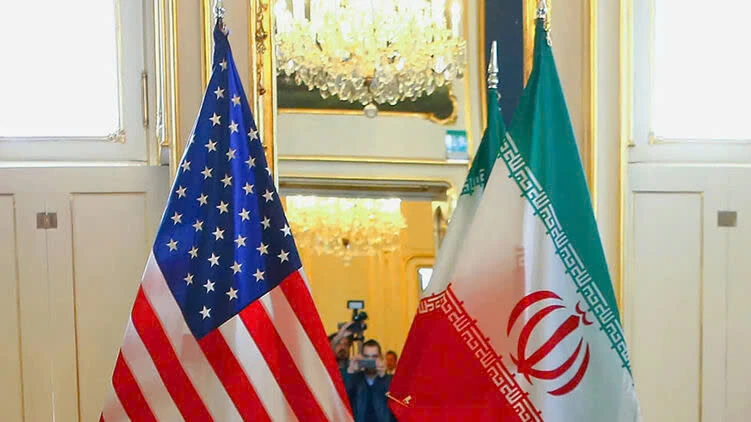
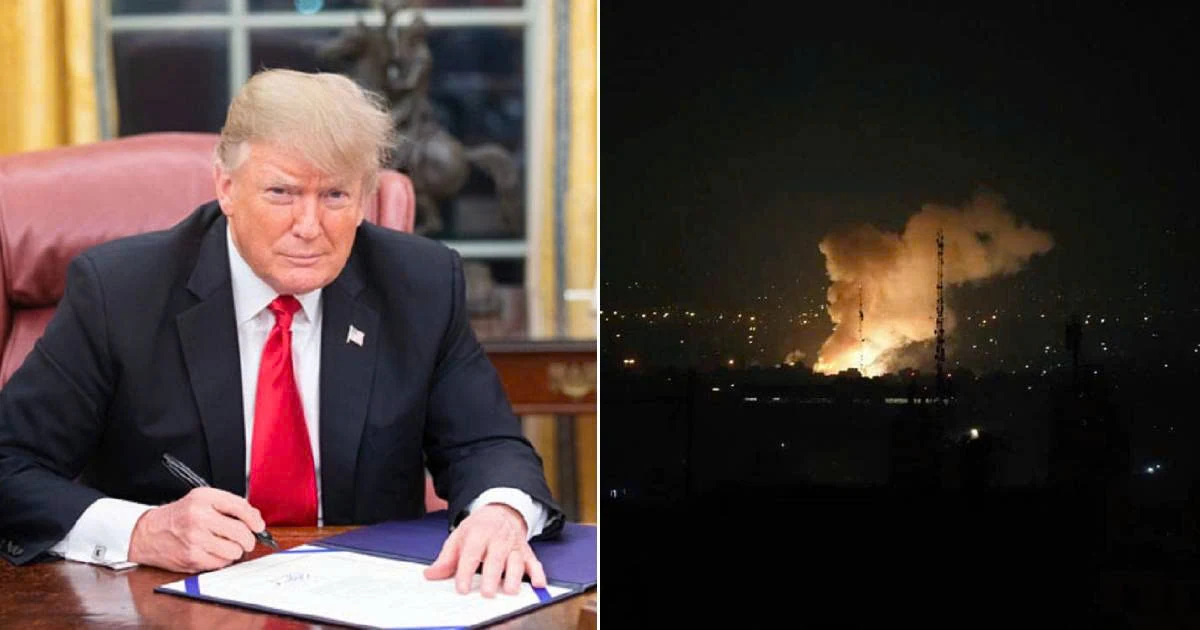
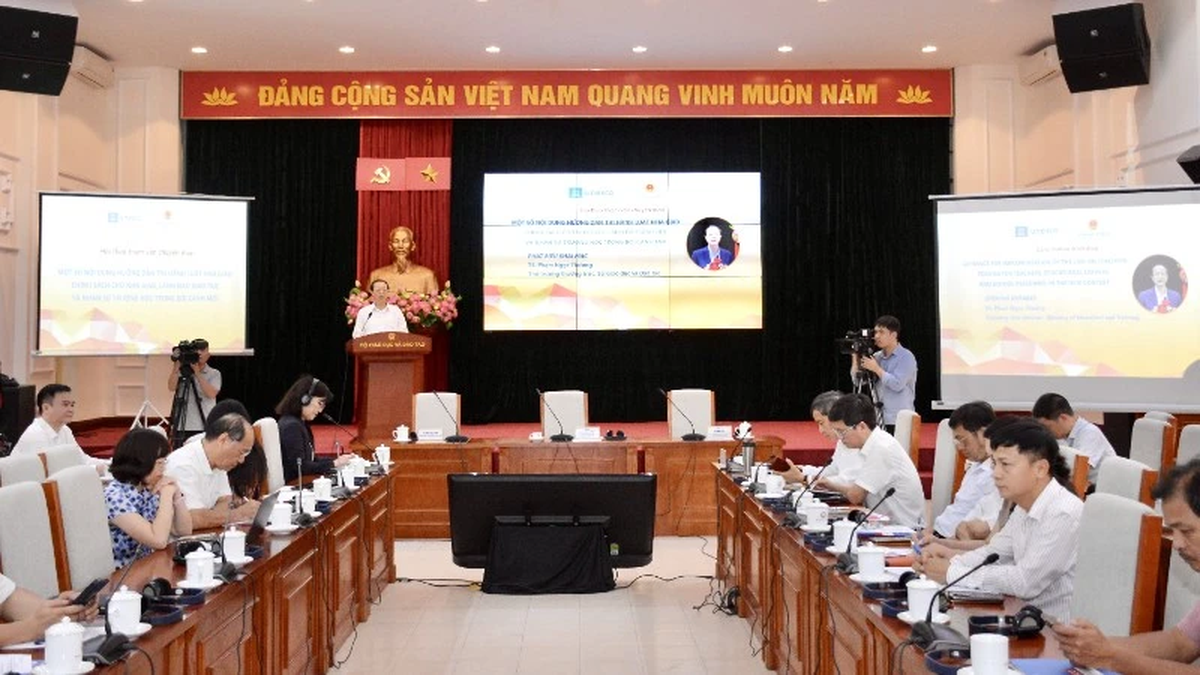

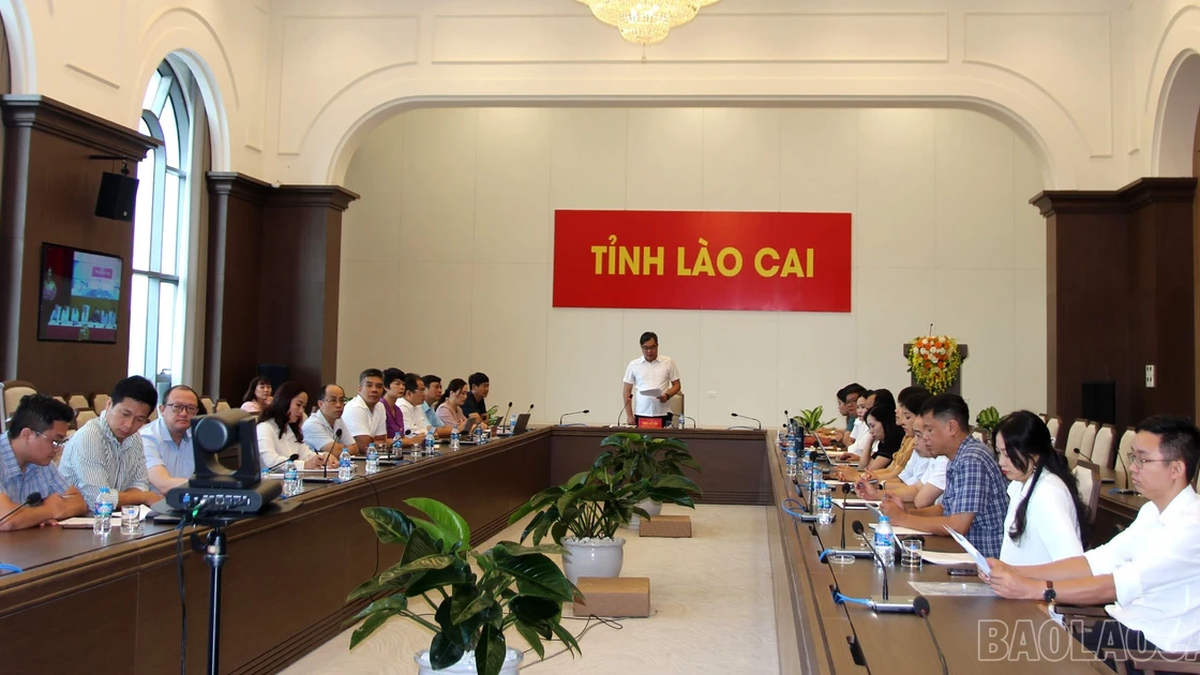
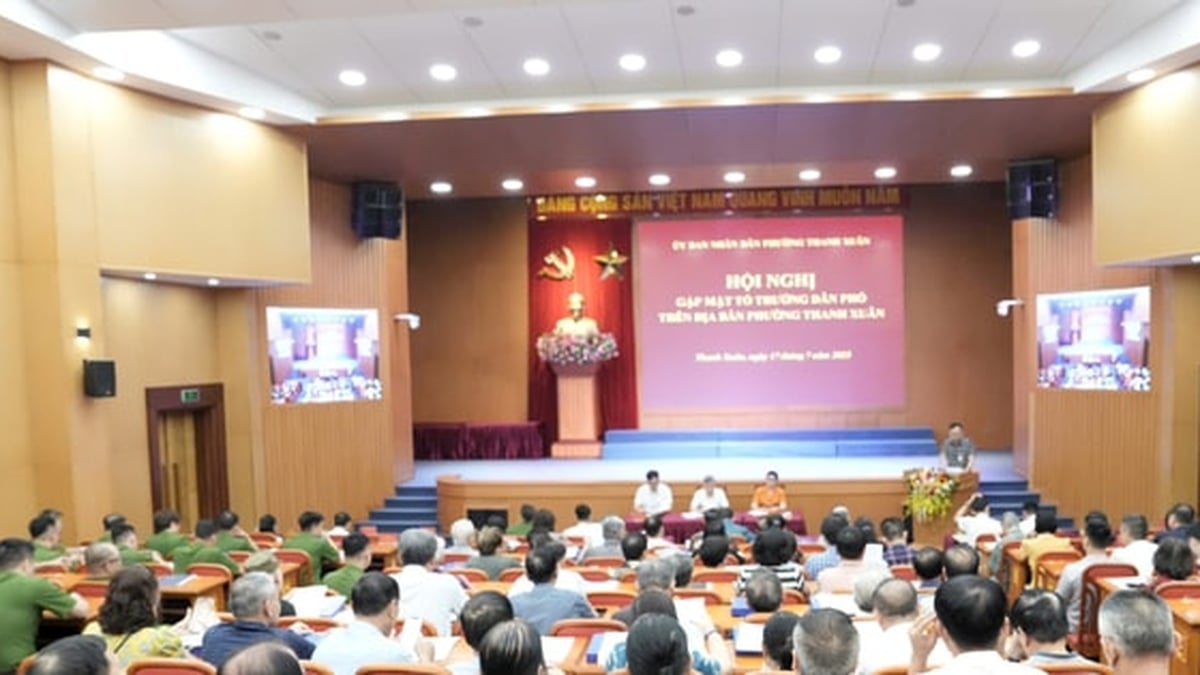

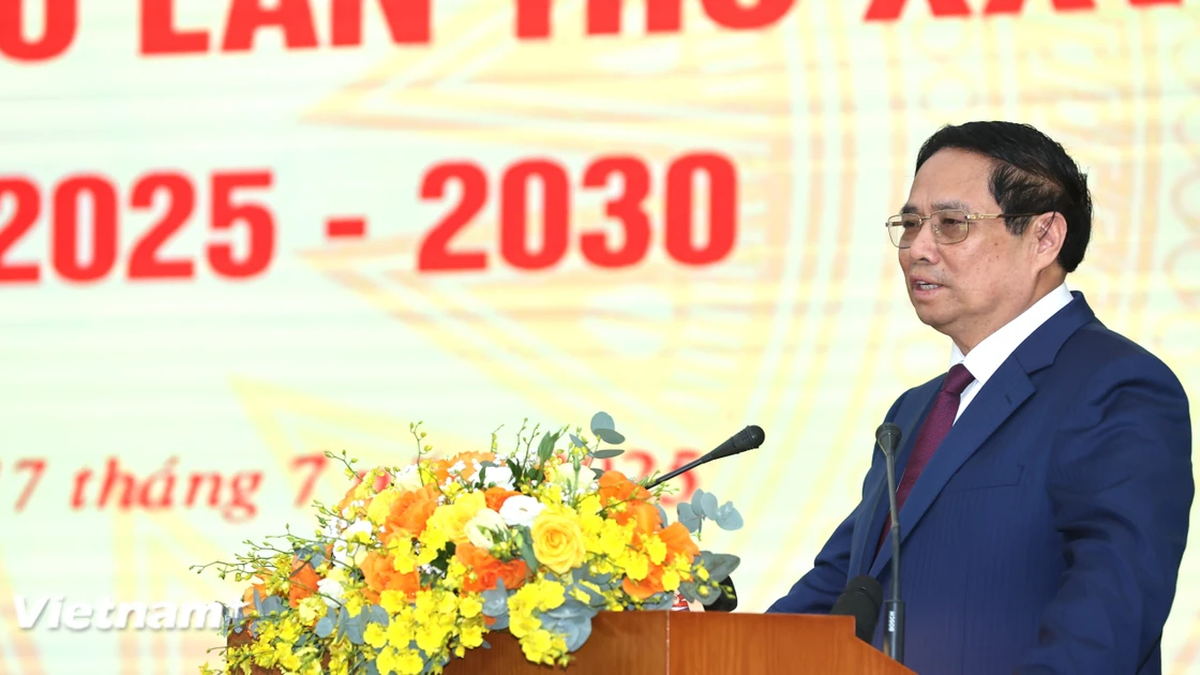


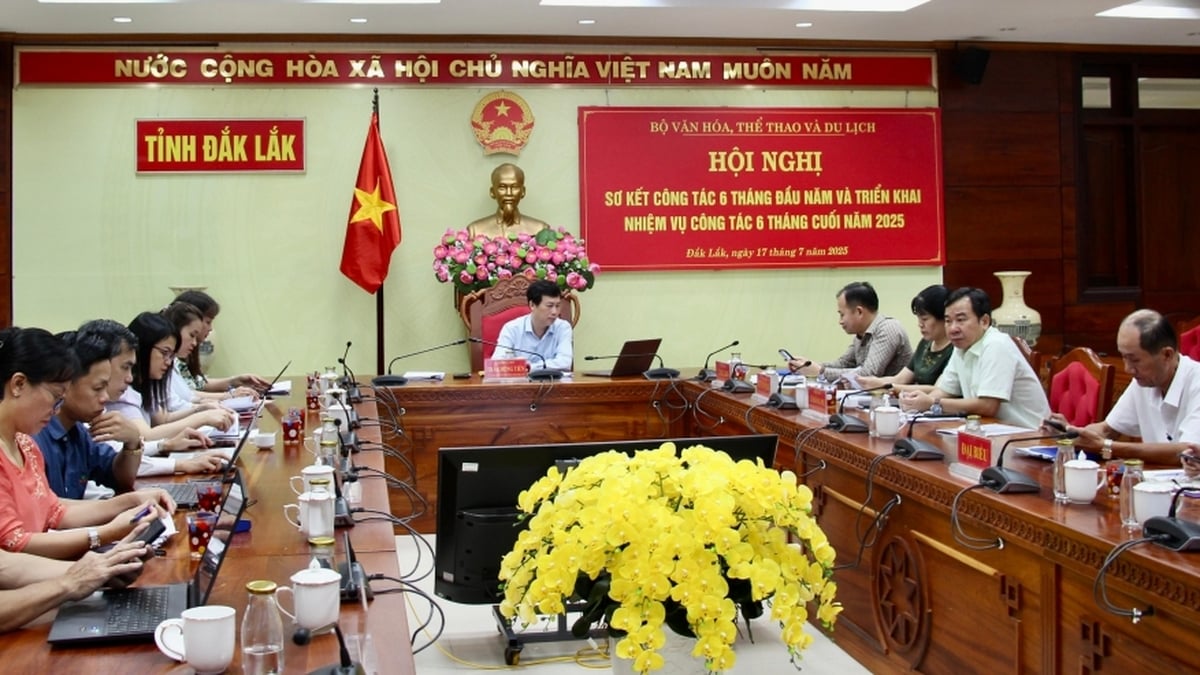













































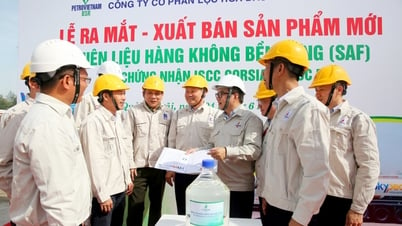





![[Maritime News] More than 80% of global container shipping capacity is in the hands of MSC and major shipping alliances](https://vphoto.vietnam.vn/thumb/402x226/vietnam/resource/IMAGE/2025/7/16/6b4d586c984b4cbf8c5680352b9eaeb0)








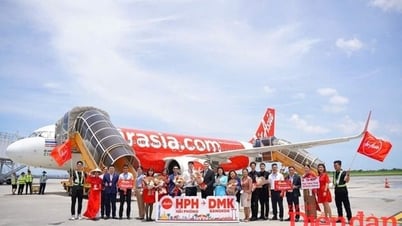

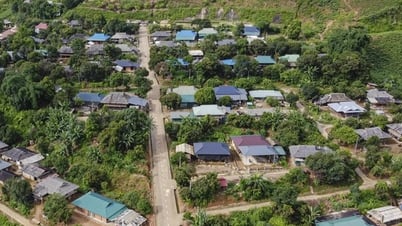
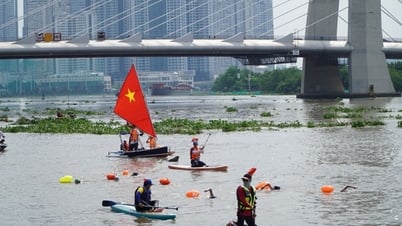

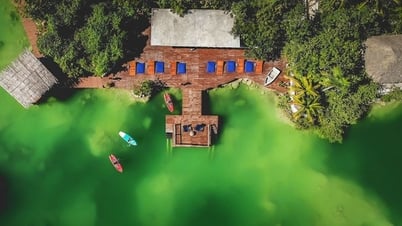
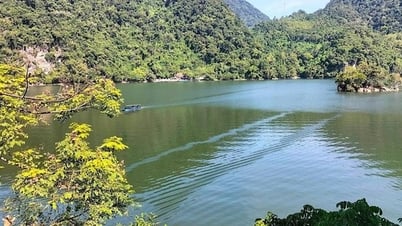






















Comment (0)